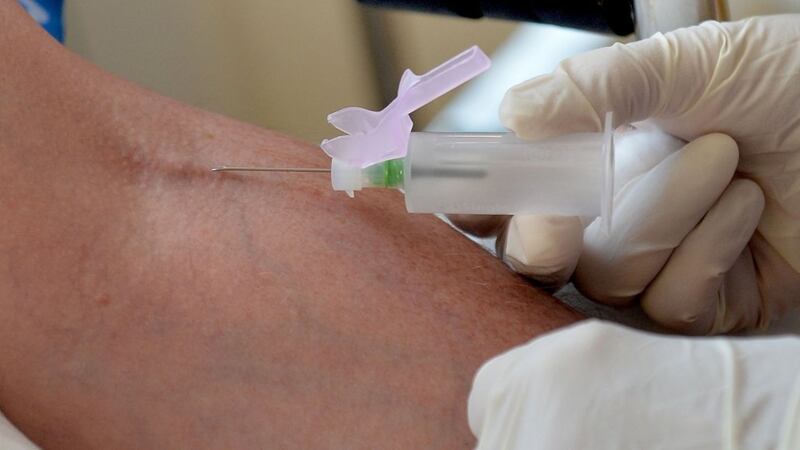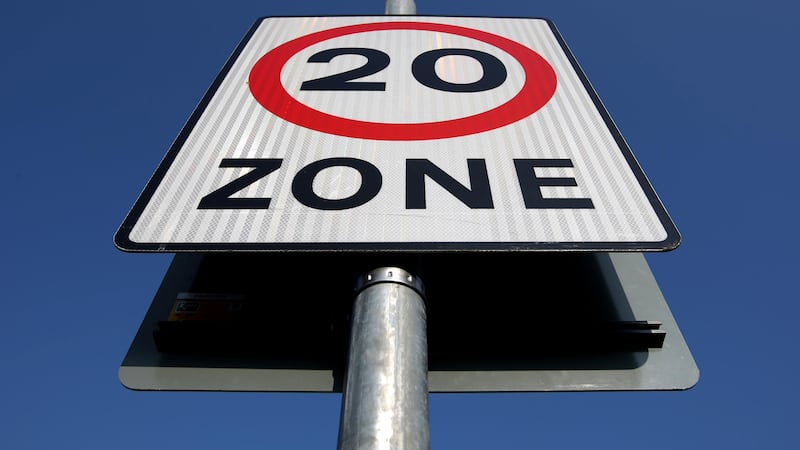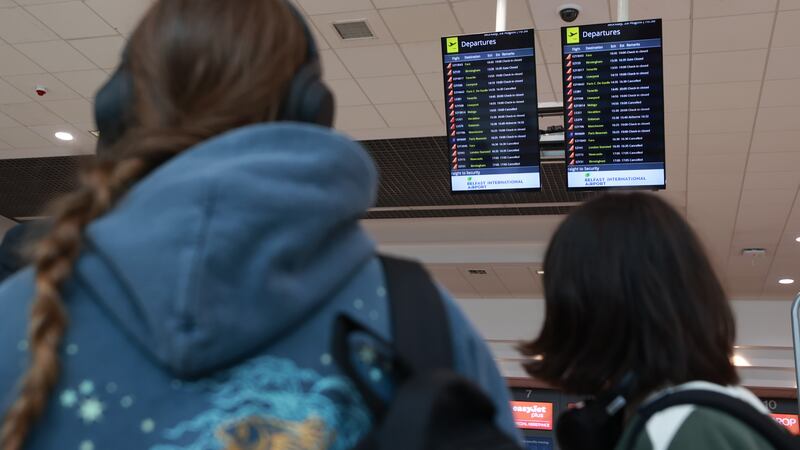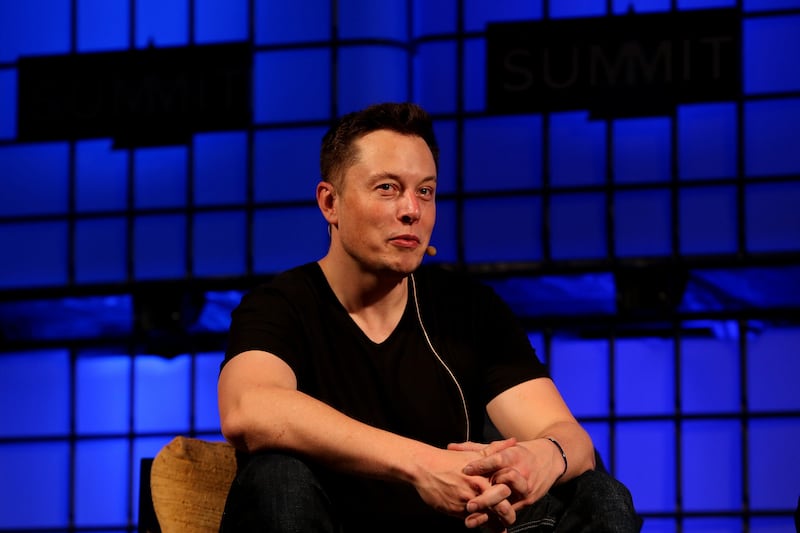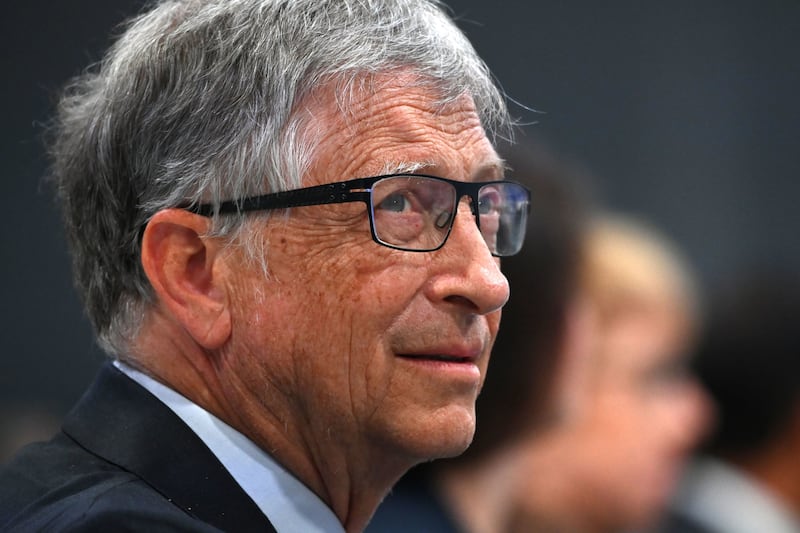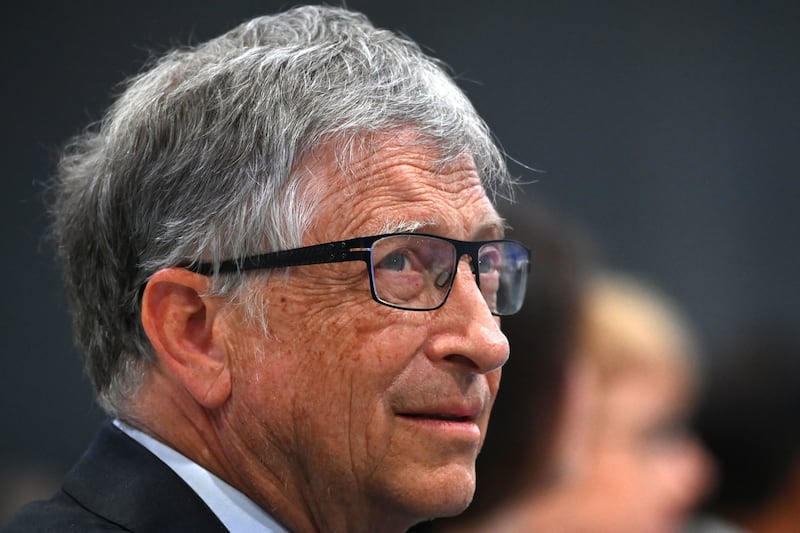A universal blood screening test that detects cancer years before symptoms appear could revolutionise treatment, scientists say.
Researchers attending the world’s biggest cancer conference in Chicago unveiled studies showing that a blood test accurately picks up mutations for several different types of cancer.
Work is now under way, backed by Microsoft founder and billionaire Bill Gates, to use this knowledge to develop a screening test that can find the earliest signs of cancer in people who appear healthy.
The hope is that people could have the test in their GP surgery as part of an annual health check, alongside monitoring of their blood pressure or cholesterol.
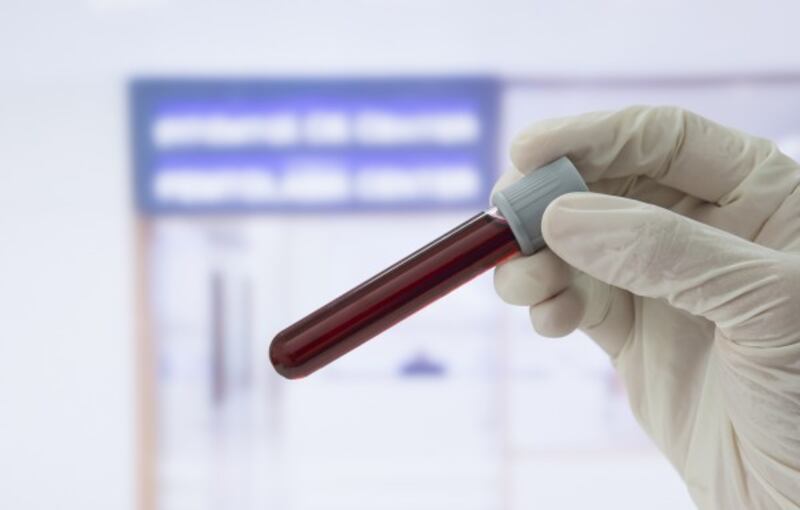
Those that are found to have cancer could then have surgery or other treatment. The move could potentially prevent thousands of deaths per year from advanced cancer.
The US firm Grail, which is backed by 100m dollars (£77.5m) of funding from Gates and Amazon chief Jeff Bezos, has set a goal of introducing such a test by 2019.
The technique could also be used to spare people with cancer from needing to undergo painful biopsies of their tumour.
The test is based on the knowledge that all cells in the body release information into the bloodstream through secretion or as they die.
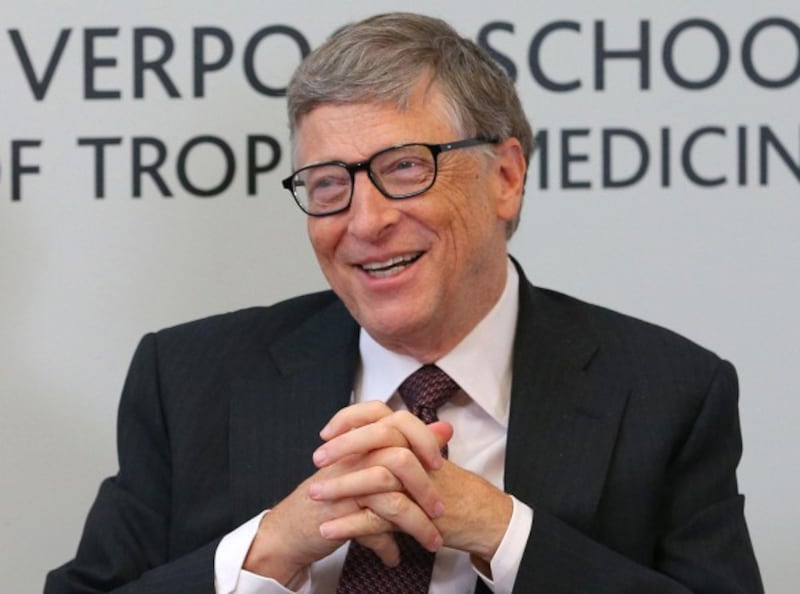
Cancer tumours are also known to shed this information – known as circulating tumour DNA (ctDNA).
By analysing ctDNA, experts are already able to tailor treatments for people with advanced cancer. They also know that larger amounts of ctDNA in the blood signify more advanced disease.
But, in a new step, they are now working to harness this knowledge to create a test specifically for early-stage disease.
Dr Nicholas Turner, from the Institute of Cancer Research (ICR) in London and the Royal Marsden, said much more work was needed to perfect the test but there was excitement about the prospect.
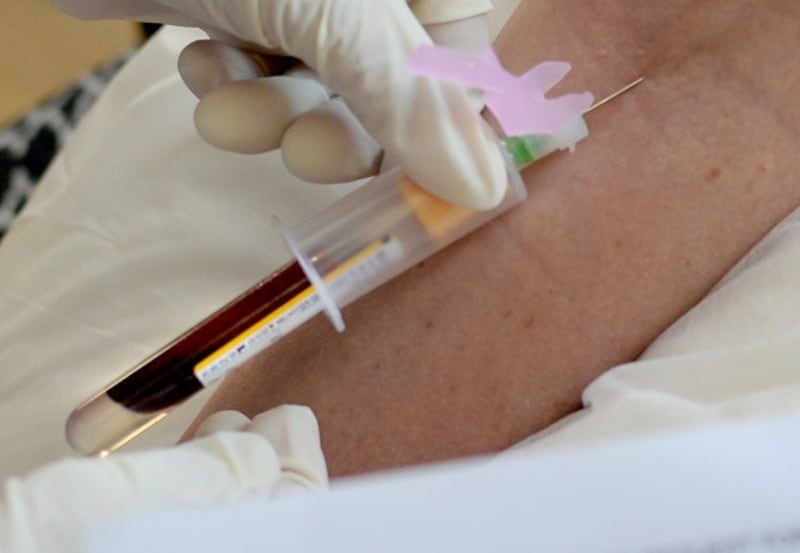
He said one issue to overcome was that of the test returning some false positives – where people are thought to have cancer when they do not.
For example, as people get older, their cells naturally shed genetic mutation information into the blood but not all these people will develop cancer.
He said: “Working out how you can develop assays that accurately predict who’s got cancer and who will go on to get cancer is a real challenge.
“It’s clearly going to be many years until the assays come through but a large number of biotech firms are devoting a substantial amount of money so I think we should be very optimistic that they will come through and the challenge of false positives will be overcome.”
